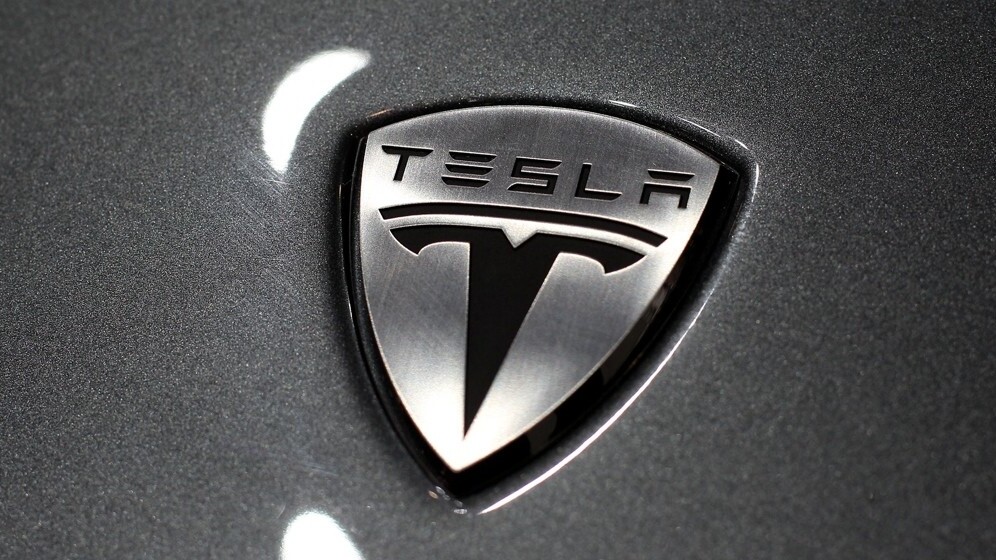
The spat between Tesla’s Elon Musk and New York Times journalist John Broder spluttered forward today with Musk publishing data to back up his claim that Broder lied in his review of the Tesla Model S.
On the Tesla blog, Musk has published detailed charts and maps to support his allegations. Detailing exactly what he says was incorrect in the review, he lists nine points. These include “The Model S battery never ran out of energy at any time, including when Broder called the flatbed truck,” and “The final leg of his trip was 61 miles and yet he disconnected the charge cable when the range display stated 32 miles. He did so expressly against the advice of Tesla personnel and in obvious violation of common sense.”
Musk goes on to imply that Broder has an anti-electric car agenda that influenced his writeup:
“We assumed that the reporter would be fair and impartial, as has been our experience with The New York Times, an organization that prides itself on journalistic integrity. As a result, we did not think to read his past articles and were unaware of his outright disdain for electric cars. We were played for a fool and as a result, let down the cause of electric vehicles. For that, I am deeply sorry.”
While the slew of data offered up by Musk isn’t surprising – the entrepreneur previously stated that the logging functions in Tesla vehicles are left switched on for media reviews after the BBC’s Top Gear program was accused of faking negative aspects of its coverage – it does indicate a real change facing motoring journalism in the future. With cars increasingly able to log the minutiae of their usage, manufacturers will be able to hit back at any perceived inaccuracies with hard data. Data can of course be faked though, so who will you trust?
The New York Times earlier this week defended Broder’s review as “completely factual, describing the trip in detail exactly as it occurred.” Meanwhile, Broder himself stated that “My account was not a fake. It happened just the way I described it.”
So, who to believe? While Musk’s data appears to back up his claims, without independent verification of the vehicle logs it’s impossible to say for sure who’s telling the truth.
UPDATE: The Atlantic has published an interesting analysis of Musk’s data. They argue that it isn’t as conclusive as the entrepreneur would claim.
Image credit: Miguel Villagran / Getty Images
Get the TNW newsletter
Get the most important tech news in your inbox each week.





